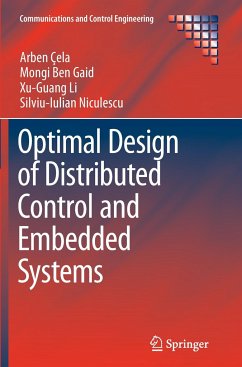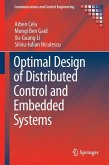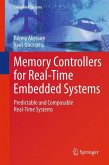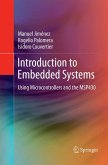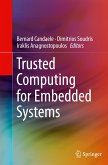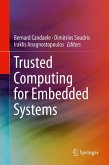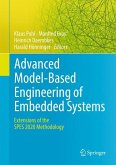Optimal Design of Distributed Control and Embedded Systems focuses on the design of special control and scheduling algorithms based on system structural properties as well as on analysis of the influence of induced time-delay on systems performances. It treats the optimal design of distributed and embedded control systems (DCESs) with respect to communication and calculation-resource constraints, quantization aspects, and potential time-delays induced by the associated communication and calculation model.
Particular emphasis is put on optimal control signal scheduling based on the system state. In order to render this complex optimization problem feasible in real time, a time decomposition is based on periodicity induced by the static scheduling is operated. The authors present a co-design approach which subsumes the synthesis of the optimal control laws and the generation of an optimal schedule of control signals on real-time networks as well as the execution of control tasks on a single processor. The authors also operate a control structure modification or a control switching based on a thorough analysis of the influence of the induced time-delay system influence on stability and system performance in order to optimize DCES performance in case of calculation and communication resource limitations. Although the richness and variety of classes of DCES preclude a completely comprehensive treatment or a single "best" method of approaching them all, this co-design approach has the best chance of rendering this problem feasible and finding the optimal or some sub-optimal solution. The text is rounded out with references to such applications as car suspension and unmanned vehicles.
Optimal Design of Distributed Control and Embedded Systems will be of most interest to academic researchers working on the mathematical theory of DCES but the wide range of environments in which they are used also promotes the relevance of the text forcontrol practitioners working in the avionics, automotive, energy-production, space exploration and many other industries.
Particular emphasis is put on optimal control signal scheduling based on the system state. In order to render this complex optimization problem feasible in real time, a time decomposition is based on periodicity induced by the static scheduling is operated. The authors present a co-design approach which subsumes the synthesis of the optimal control laws and the generation of an optimal schedule of control signals on real-time networks as well as the execution of control tasks on a single processor. The authors also operate a control structure modification or a control switching based on a thorough analysis of the influence of the induced time-delay system influence on stability and system performance in order to optimize DCES performance in case of calculation and communication resource limitations. Although the richness and variety of classes of DCES preclude a completely comprehensive treatment or a single "best" method of approaching them all, this co-design approach has the best chance of rendering this problem feasible and finding the optimal or some sub-optimal solution. The text is rounded out with references to such applications as car suspension and unmanned vehicles.
Optimal Design of Distributed Control and Embedded Systems will be of most interest to academic researchers working on the mathematical theory of DCES but the wide range of environments in which they are used also promotes the relevance of the text forcontrol practitioners working in the avionics, automotive, energy-production, space exploration and many other industries.

